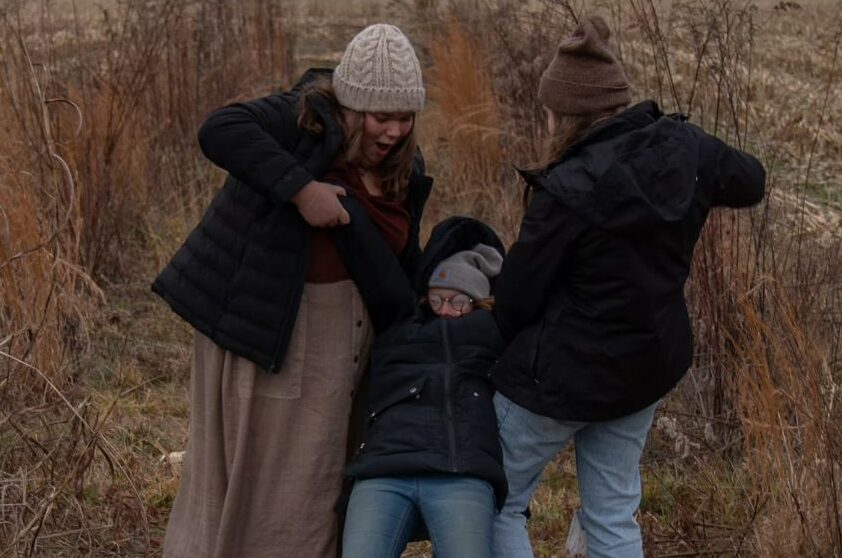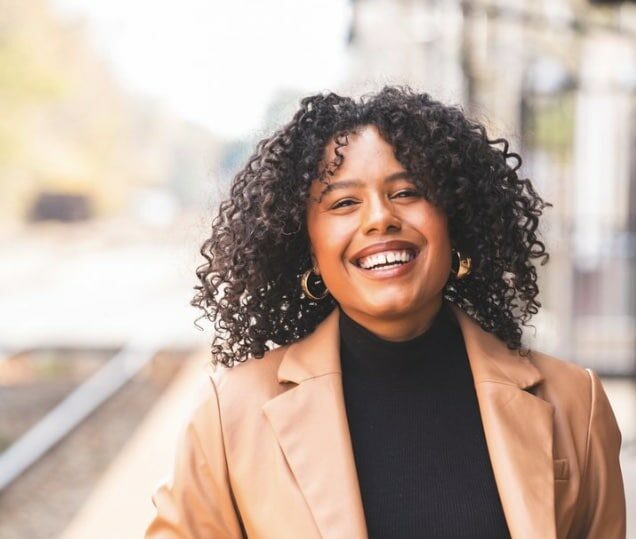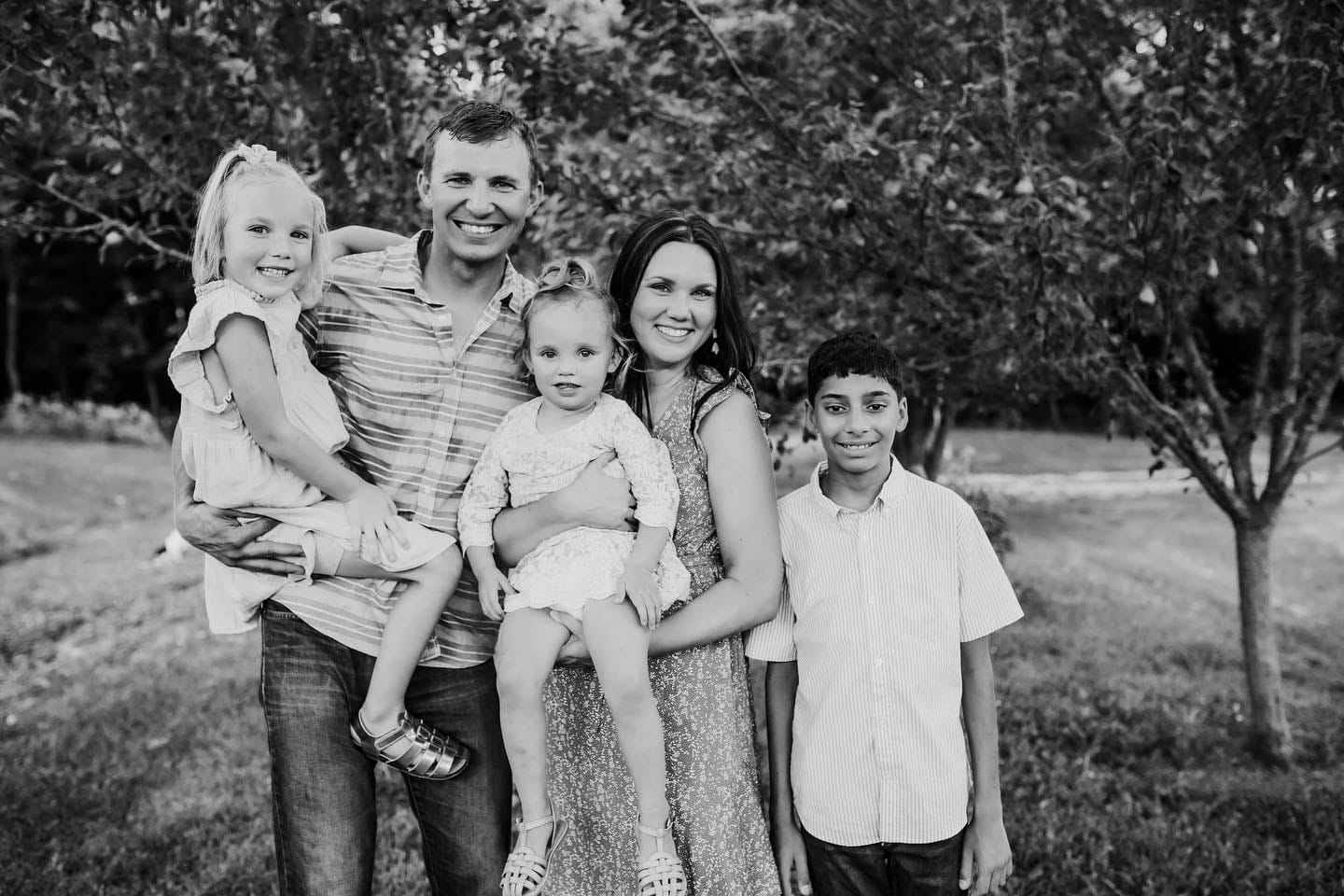
Written by Landry Allred
My adoption was never a secret.
When I was one year old my parents adopted me from the Jiangxi Province in China. Growing up, my parents constantly reassured me that my biological parents wanted me but were unable to keep me. At the time, China had a one-child policy, so most families kept the son because he passes down the family name and takes care of the parents once they grew older.
However, I still don’t know if that’s the real reason why I was adopted, because the orphanage I was in didn’t know anything about my biological parents. A few years ago, I figured out the only thing they knew about my life pre-orphanage was that they found me on the front steps of a power plant.
After my adoption, I moved to Midlothian, Texas — a small suburb of Dallas. My mom and dad raised me in the most caring and nurturing household, and I never once felt unloved nor radically different from my family. I grew up knowing I was adopted mainly because of our different appearances, as they are white. But nobody pointed it out in a way that made me feel like I didn’t belong in the family.
As I grew older and entered middle school, I started to realize I was different from my peers. Midlothian was a small town and people who lived there were mainly white. It started to sink in when people made comments or gestures stereotypically referring to my race — acting as if they had squinty eyes, glancing at me when teachers mentioned China, and assuming I was good at math because I’m Asian. Some people were visibly shocked and/or confused upon finding out my parents were white and not Asian.
In school, I had two good friends who were also adopted from Asia. It was great being able to relate to them, but we didn’t talk about Asian culture or traditions a lot, mainly because I don’t think our adoptive parents incorporated them into our upbringings (or at least in my household they weren’t incorporated).
Looking back, I wish my family had celebrated my culture and learned more about its history and traditions. Don’t get me wrong — I feel absolutely blessed for every way my parents raised me and am confident they did everything for a reason, however, as I’ve grown older, a lot of people ask me about my culture, and I’m not sure what to tell them.
Coming to college, I never thought I would have as many Asian friends as I do now. I know that sounds weird, but Midlothian didn’t set me up with expectations for meeting other Asians. It’s been such a blessing to have so many friends who grew up around that culture because they’ve started to teach me more about where I came from. I get to hear about culture aspects like Chinese New Year, the lucky red envelope, or the different Asian snacks at 99 Ranch Market.
One really amazing aspect of Chinese culture my parents kept in my life was the ancient Chinese legend of the invisible red thread. It’s popular among soul mates but also with adoptive families. It basically says that an invisible red thread connects you to the family you are destined to be with. Today, I’m confident that when God crafted me, He placed a thread connecting me to my family. On my 18th birthday, I got a small spool of red thread tattooed on my arm to remember that part of my identity.
Recently, I’ve come to terms with balancing my intersectional identities. Most people upon first meeting me assume I grew up in a traditionally Chinese household, but personally, I don’t identify that way. Even though my family and I didn’t have a lot of open conversations about race, I always tended to identify more as a “white person.”
I’ve had to navigate through the unclear waters of race and identity these past few years, and I think one thing I’ve learned through all of it is that no matter what culture I identify with, the one identity I can constantly cling to is my identity in Christ. Race is a tricky subject with a lot of gray areas, but my identity as a child of God never changes.
Despite this, I would encourage parents of a trans-racially adopted child to talk openly with their child about race because there are societal differences. One day, their child will have to come to terms with the different identities they have to balance, and it can be hard. For me, I’m still learning about my identity.
My advice to parents who have adopted a child of a different race:
1. Be open about their adoption from the get-go. Obviously if your child visibly looks different from you, they’ll probably find out on their own. But if not, it’s important to be vulnerable about it so they don’t think you hid that information for the wrong reasons.
2. Don’t let race become a touchy topic. Embrace it. They’ll learn that there are societal and cultural differences among races as they get older. They’ll probably even have to face the challenges that come with those differences, so teach them about it now in a loving and understanding way.
3. Remind them that different physical appearances do not equate different worthiness of people.
4. Encourage them to learn about the culture they came from. It’s not only important for balancing your identities but it’s also interesting. Encourage them to learn the stories of their ancestors. Help them read and write in their language. Let them practice cultural traditions.
5. Never stop loving them. No matter how difficult it is (because there will be cultural differences you’ll have to face, especially if you adopt them at an older age), love them and make them feel welcome and worthy.
Follow Landry on Instagram!



